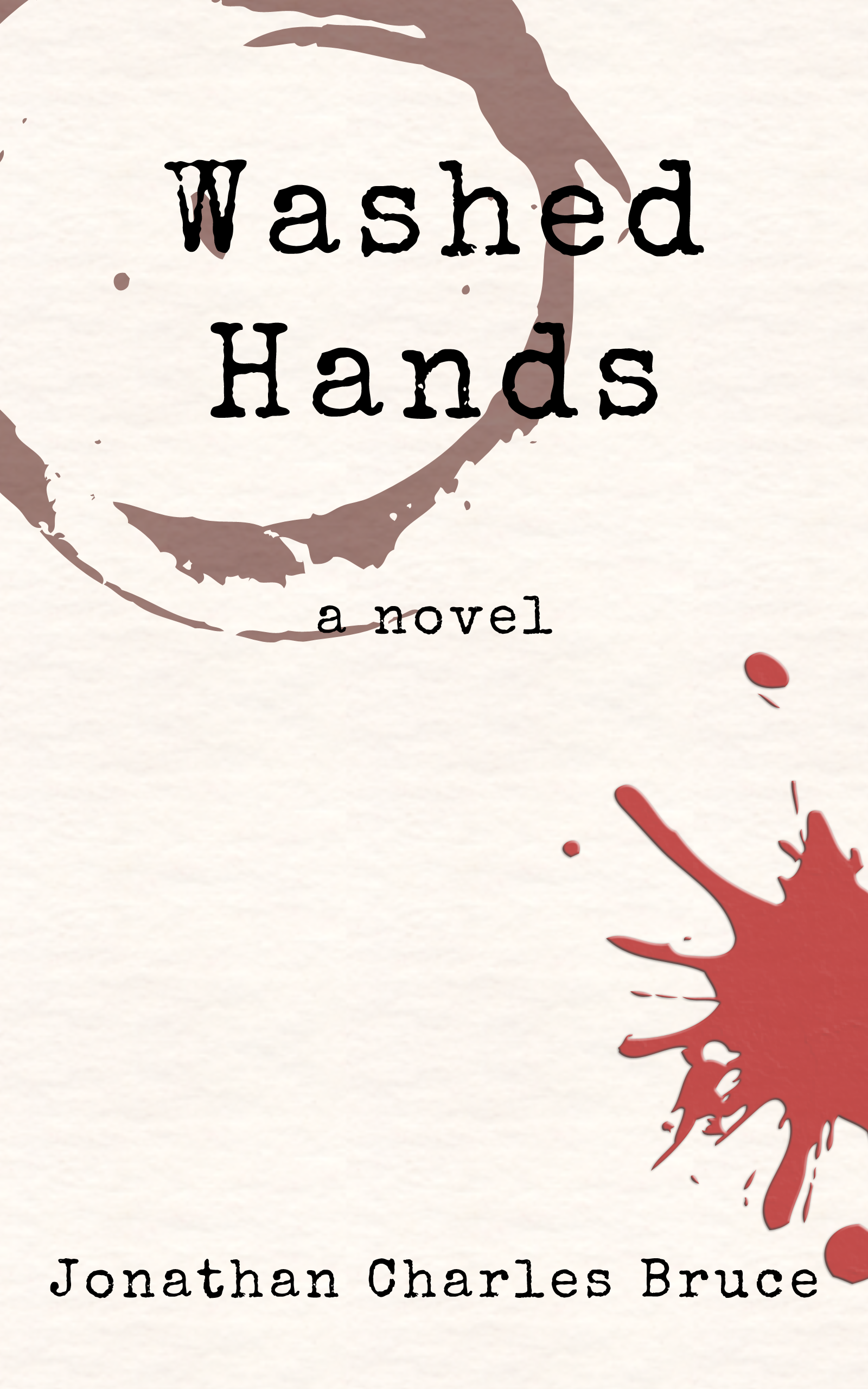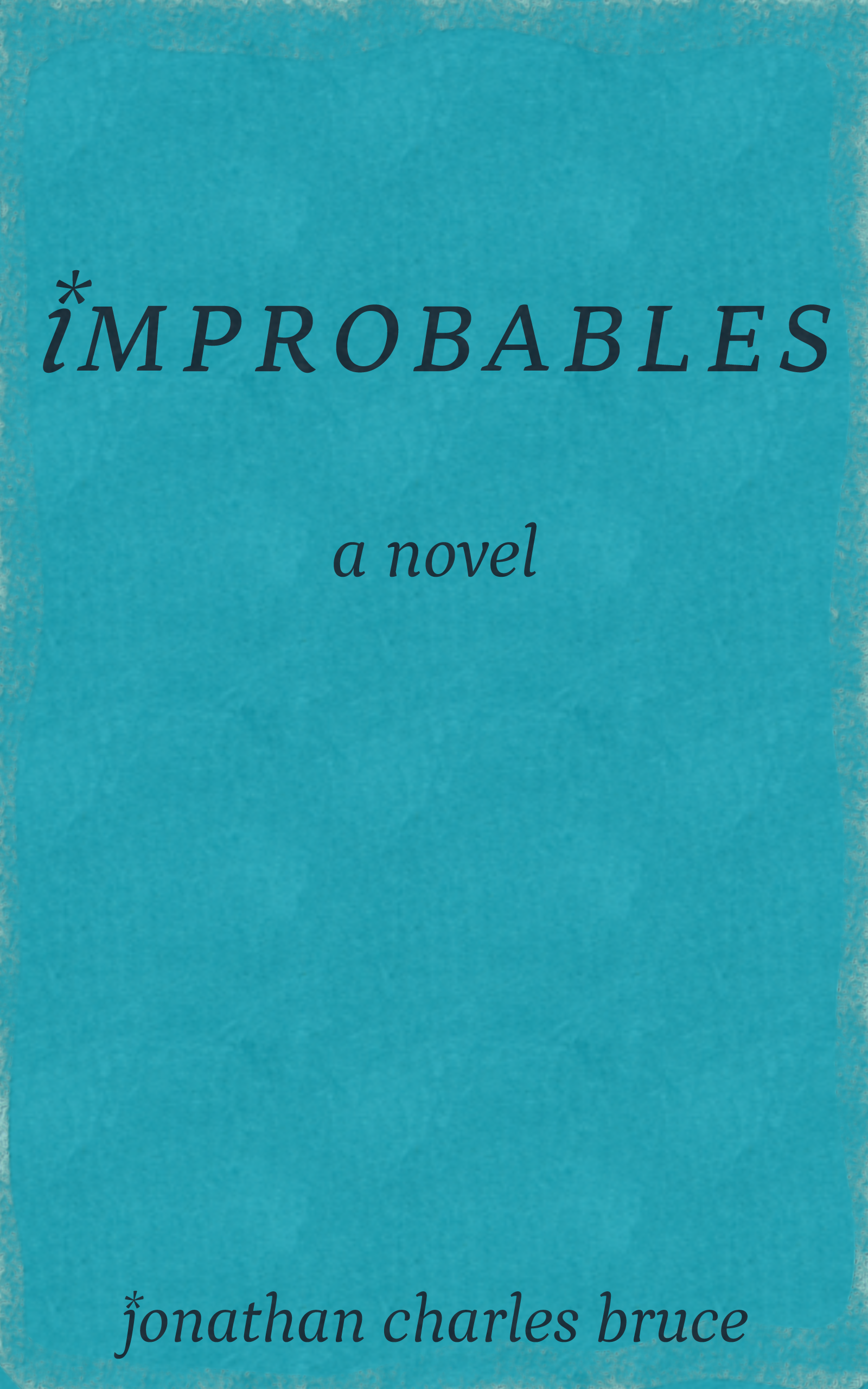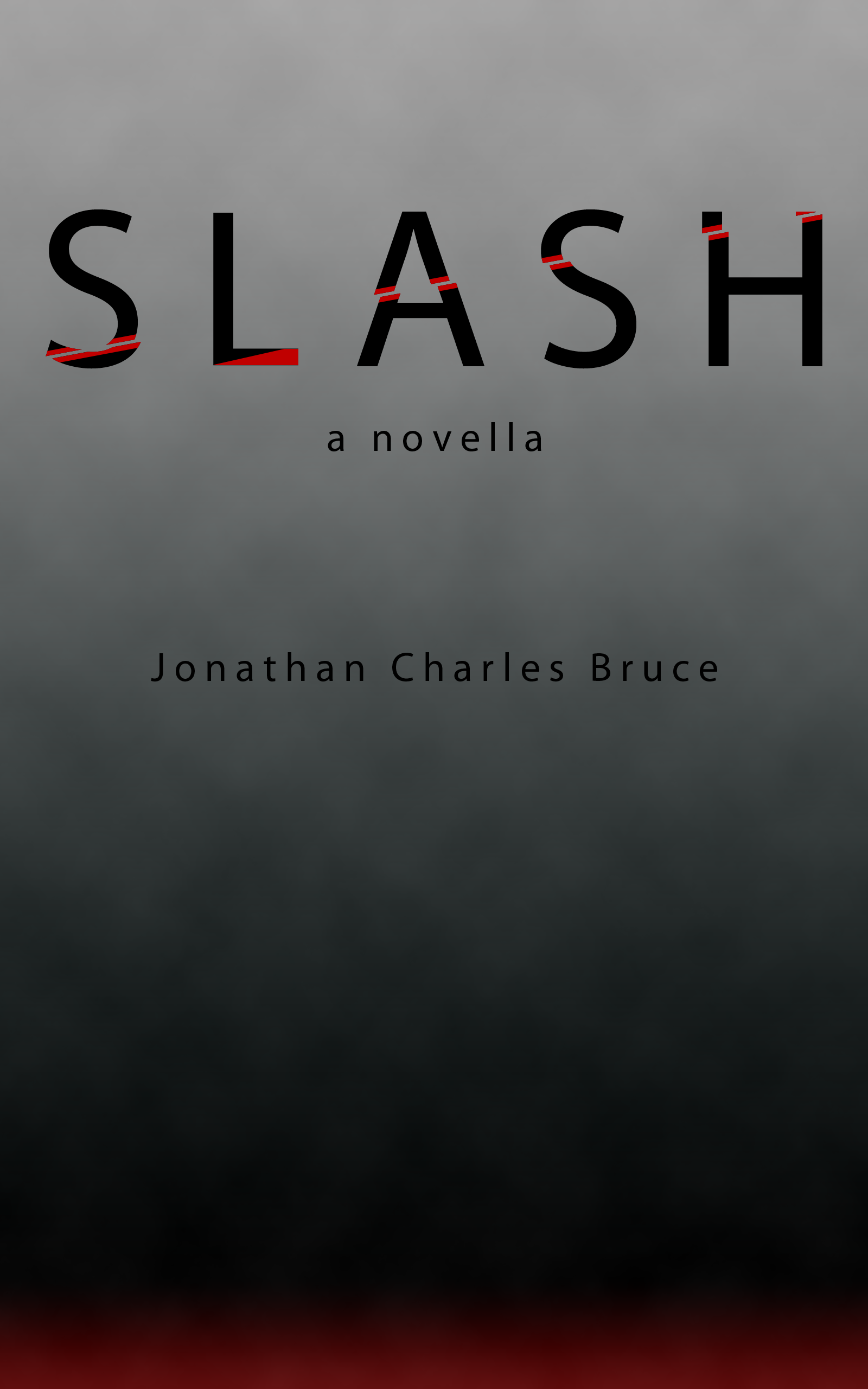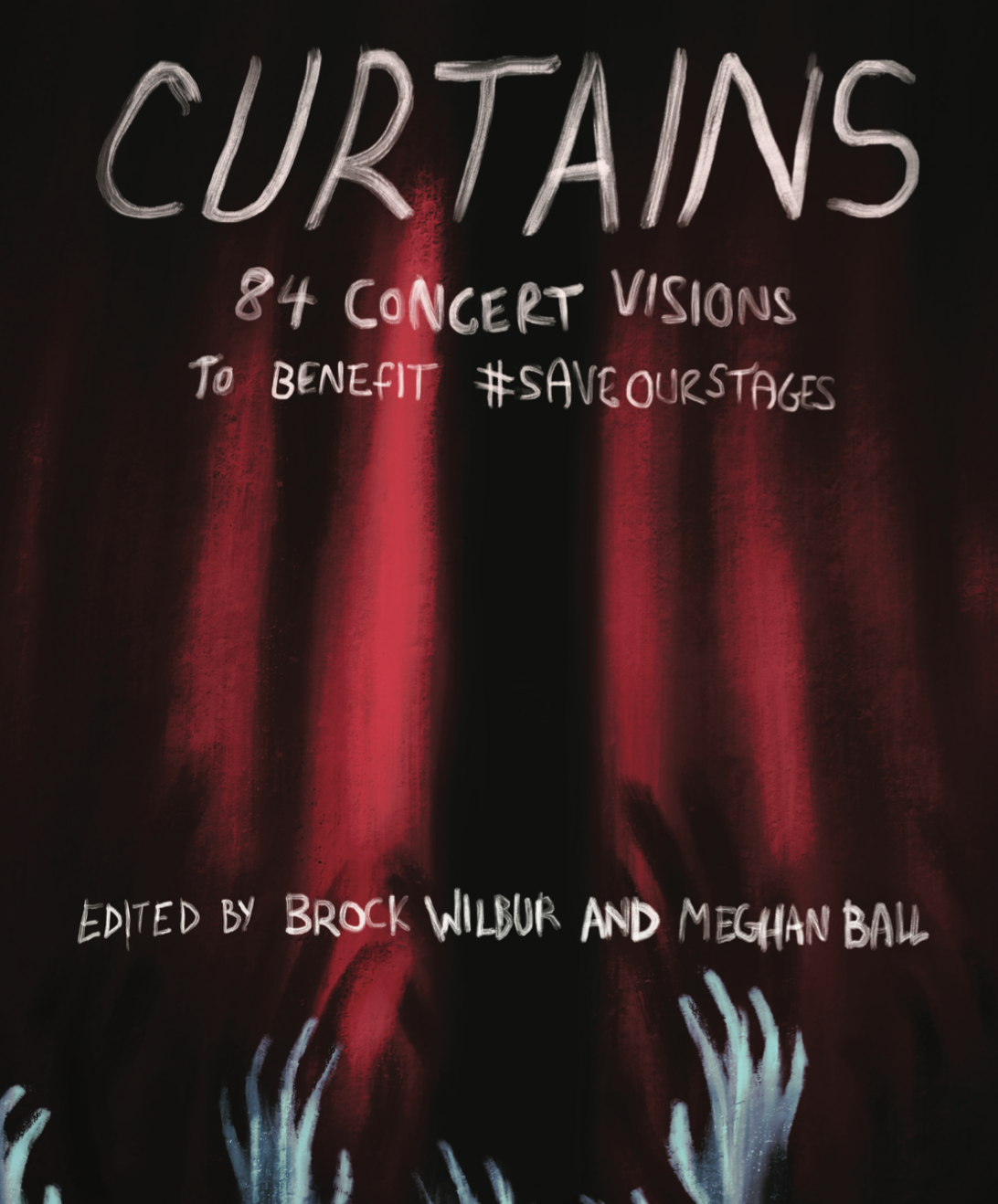Talk Buffy to Me
As I mentioned in my last musing on the first three seasons of television sensation Buffy the Vampire Slayer, I’m comfortable with being behind the times when it comes to popular culture thanks to the glory that is historical hindsight. Anyway, I’ve finished mainlining the rest of the series earlier this week and now I’m going to blather on about it. Spoilers and all that, but if you are that terrified of spoilers to a show that is now old enough to legally drive, take heart: Dumbledore dies, Darth Vader is the whining dipshit progenitor of Luke Skywalker, Rosebud was a sled, and I hate you.
Let’s start with the obvious: I certainly understand why Buffy and Joss Whedon are both beloved by their fans. If nothing else, they both excel at telling character-driven stories that can be powerfully endearing and bittersweet while still being tremendously fun to watch. Almost every protagonist goes through an arc and evolves in a way that resists them becoming caricatures.
Hopefully that tempers the fact that season four is terrible.
Okay, it was still probably better than anything else on television at that point. It was especially superior to the WB’s knock-off, Charmed, which is most notable for completely misunderstanding what made Buffy worth watching while operating with about a fourth of the budget. But the fact remains that this is the absolute nadir of the series, made all the worse by being bookended by the phenomenal seasons three and five.
The season-long plot is essentially Half-Life by way of Resident Evil with a dash of an incredibly tame college comedy – Buffy goes to college, ends up in a repulsive relationship with her teaching assistant who, as it turns out, is a secret government agent for a program called the Initiative. The Initiative captures supernatural critters, experiments on them, and is headed by an amoral scientist (Maggie Walsh) who stitches a bunch of them together with some robot and human bits to create Adam (oh ho ho, I see what you did there).
Now, this isn’t to say that there aren’t some quality moments here and there. For instance, the episode “Hush” is almost universally pointed to as a major high point in the series, even if it does have fucking flaming barrels for no goddamn reason. Another one has a Freaky Friday-style magical whatsit cause Buffy and Faith to switch bodies in a pretty interesting take on the concept. Another highlight is an episode where Willow’s boyfriend cheats on her and she explores who she is as a person, eventually falling in love with the introverted Tara.
But even these excellent human moments are tempered by frustrating silliness. Riley – the aforementioned disgusting TA-relationship-duder – is dull-as-dishwater. Even beyond the whole moral abyss of his sleeping with Buffy while she is his student, he’s just a bit of a simpleton with surrogate-mother issues. But at least his relationship is built up and established more than Xander and Anya’s. Anya, introduced in season three as a vengeance demon, lost her power and beseeched Xander to flee the mayor’s ascension because – for reasons that went hugely unestablished – she liked him. I suppose this is just lingering annoyance over Anya’s sudden swooning over Xander because we didn’t see him do anything to deserve any kind of tolerance, let alone affection. That being said, Xander and Anya’s relationship is eventually better characterized and leads, ultimately, to an enduring and positive relationship for the two characters.
And you know what? Even with these relationship snags, it’s the character moments which really provide the heart of the show. Yet, the overarching plot for the season is just dumb. More to the point, it’s boring. Adam and Walsh lack the personality of the villains from the first three seasons, especially the deceptively charming mayor. Plus, Adam’s routine lack of action makes him seem like he’s just puttering about instead of a legitimate threat – it takes forever for the audience to know what he’s up to, and even then it seems like the same could have been accomplished with a shitload of nerve gas and a sewing kit. In a nutshell, he wants to free all the beasties in the Initiative so there will be a big brawl and he can use the parts left over to build an army of him. It’s such a flaccid plot that his death isn’t even the climax of the season – the gang shleps through another episode before it’s over.
Season four really highlights what the series was always kind of bad at – pacing. And I realize that writing for television – especially with a show with a convoluted internal mythos – is a much different animal than writing for cinema. But, really, that’s no excuse. Compared to the first two seasons of Veronica Mars, where the season’s mystery was slowly unraveled during the course of episode-by-episode plots, the big bads of Buffy tend to seem incompetent, lazy, or a mixture of the two. Seasons one, three, and five all did a much better job of pacing out their villains’ plots, even if it was through arbitrary “the ritual must be done at this precise time” means. It at least gave the excuse as to why the baddies weren’t constantly on the offensive. But the recurring boss fights of the remaining seasons – Angelus, Adam, Dark Willow, the First – always appear tremendously inept for all their purported power.
Season five sees the show getting as close to capturing the splendor from the earlier seasons, especially season three. A hellgod (hell god? Hell God?) named Glorificus – or Glory – rolls into town after being cast out of her dimension. Anxious to get back, she has to find “the Key,” a plot device that will tear down the dimensional barriers and allow her to return while destroying everything. Yup, we’re back to yet another apocalypse (a narrative crutch that the show acknowledged and parodied in season three’s “The Zeppo”), but it feels so fun and emotional that it’s totally worth it.
This season introduces us to Dawn, Buffy’s little sister. If you think you skipped an entire chunk of back story, don’t feel bad – she is actually the Key, manufactured by monks and integrated into the Slayer’s family. Memories were altered so she was thought to be always there, which begs the question – if you basically create a character that is a walking, talking retcon, then explain how it isn’t actually a retcon, is it still a retcon? In any case, I really like Dawn. Growing up, I always wanted a little sister so I could have a friend who couldn’t leave me. Also, I thought it would be cool to train her to be my personal assassin, but that’s something else entirely. Dawn, for as teenagery as she could be, was a pretty cool character.
Other characters get more screen time, with special emphasis given to Willow and Xander’s new relationships. Buffy’s mother is given more of a central emphasis, but mostly so they can give her brain cancer and kill her midway though the season. Her death, by the way, is a really powerful episode and forms the crux of Buffy growing up and becoming a functional adult rather than “merely” the Slayer. As I keep saying, the character stuff is pretty much what Buffy does best.
But Riley is still around, so it’s not all good. Why? Because until he leaves like the boring dink he is, his entire character arc is that of Xander’s circa-season one and two. Which is to say, he whines about how useless he is and how he wants to be as strong as Buffy so he can protect her. It’s so cloyingly typical male behavior that I really, really wanted him to die. And what makes it worse is that this is all stuff we as an audience have already been through. Dude, the girl who has killed more things than you doesn’t need a fucking bodyguard, she needs support. Someone’s gotta be the cleric to Buffy’s berserker warrior, and it’s you.
The season also has one of the greatest finales the series could muster – the gang is too late to stop Dawn’s blood from opening the wibbly-wobbly dimensional rift, although Buffy saves Dawn. Realizing that their blood is much the same (or something), Buffy flings herself into the portal, killing herself but saving the world. It’s a powerful moment – to save Dawn, the girl who should not be (and technically isn’t), Buffy kills herself. It’s a wonderful climax, as Buffy literally trades her life so that Dawn can be allowed to be human.
But since it’s Buffy the Vampire Slayer and not, say, The Witch and Average Guy, Buffy is brought back to life in the next season. Now, I have nothing to say about that particular plot twist as anyone who describes it as a “plot twist” with a straight face needs to be punched in the head. Basically, what I’m saying is that anyone who didn’t call it is either insane or stupid. And, indeed, I have nothing to say about individual episodes within this season – the character arcs are interesting for the most part, especially straight-laced Willow basically becoming a reality-bending magic-addicted psychotic, going so far as to psychically roofie Tara into forgetting a fight.
There are two low-points of this season. The first is Xander leaving Anya at the altar. After this whole big marriage build up across the season, the payoff is that Xander gets scared and calls off the wedding. Just as Anya liking Xander in the first place is never for a moment established, his bolting doesn’t feel real. In the same way that Riley’s machismo-fueled was frustrating, so was Xander’s cold feet.
The second should come as no surprise: the season wide arc. We are introduced to the Trio, three “super villains” in the same way a burnt out lightbulb is the sun. Now, they aren’t really meant to be played as legitimate threats, and that’s the problem. They’re comedy villains, and they structured most of the season’s plot around them trying to become threats to Buffy. The show does do a really good job of turning one of them – Warren – from a misogynist dork into a misogynist serial killer, but everything seems so aimless for the most part. The only reason they’re there is to have Warren accidently kill Tara which turns recovering-addict Willow into Dark Willow. The final three episodes are Dark Willow – a violent and limitlessly powerful witch, we are told – incompetently and fucking slooooooooowly trying to kill the Trio.
And therein is the problem. Well, outside of the fact that the writers intentionally shoved a cool character into the fucking fridge. Tara could have been killed in a car accident or shot by a bank heist gone wrong and it still would have had the same result. Dark Willow kills Warren and goes after the other two useless dipshits that the show has spent the better part of a season characterizing as bumbling comic relief. I guess it’s supposed to show that Dark Willow gives no fucks, but all it really does is manipulate the audience into not wanting her kill them because they weren’t “bad guys.” Which, by the way, didn’t really work – the only one I didn’t want her to kill was a guy by the name of Jonathan who, 1) was being set up by his compatriots, 2) assisted Buffy in stopping Warren earlier, and 3) there’s something about the guy I just relate to.
Further, Willow’s relapse set the stage for her character to stagnate over the course of the next season, as she became even weaker than the Willow from the first few seasons all over again. I get that recovering from addiction is a process, but we had already watched it. If the writers wanted to actually push the envelope, they should have killed Willow. Think about it – Tara, who was never really fully integrated into the gang, gets a full on hate-boner for the limitations of her own magic to save the woman she loves. She feels no real connection to Buffy, Xander, Giles, or Anya, so her flipping the fuck out is potentially far more disastrous. She ends up slaughtering magic-users for their talents in an effort to... I don’t know... create an alternate timeline where she can either resurrect Willow or she never died in the first place. In doing so, this timeline would be irrevocably destroyed or damaged so you can keep the government mandated apocalypse-theme in place. It even works with the original ending – Xander talks Tara down by talking about his many memories with Willow.
And when we look at the last season, we really, really needed the supporting characters to have a lot, lot more growth. Willow and Xander just kind of tread water and behave as they did in the earliest seasons of the show with only slight acknowledgment of the characters’ respective arcs. Giles, Buffy’s Watcher, is relegated to a cardboard cutout that makes crude attempts at relevance or comedy, depending on the episode. Dawn does grow in this season, but it's usually in the background. It’s also bullshit because these characters are pushed aside for a huge number of potential Slayers, ending up drowning out the time spent with the principle cast – for instance, one episode about Dawn possibly being a Slayer ends up being about someone else, an important evolutionary step for Dawn but one which shoves her further into the corner. If that weren’t bad enough, the surviving Trio member, Andrew, is bumped up to constant irritating comic relief status because... um... plot, I suppose.
And if you ever want to fully comprehend the difference between Joss Whedon dialogue and other writers’, watch season seven back-to-back. Whedon wrote the first and last episodes, and after slogging through the middle of the season, everyone gains an additional thirty IQ points for the finale. It’s amazing.
You see, an ancient evil that predates everything is tired of being ethereal and wants to break free. Or something. It plans on doing this by killing all the potential Slayers and popping the seal on the Hell Mouth. Doing so will unleash an army of uruk-hai... shit, I mean, uber vampires... which will wreck Buffy and the rest of the world’s shit. Now, why the U.S. government (which has already demonstrated its knowledge of the existence of these baddies) isn’t all up in Sunnydale’s business is beyond me, but apparently they were too busy to avert the apocalypse, goddamn.
Most of the season is spent gathering up potential Slayers, getting potential Slayers killed, arguing, and the First puttering around. Just why the First is waiting to unleash its horrifyingly huge horde of ‘roided up freaks is never addressed and just serves to highlight what I mentioned earlier about the big bads being really, really, staggeringly incompetent. For instance: were I the First, I would just send one of my lackeys to Buffy’s house – you know, the place where my enemies are all hiding in terror – and lob a couple of molotov cocktails in through the upstairs windows. But, no, too straightforward for a timeless, formless evil impatient with being incorporeal.
To its infinite credit, season seven does a really good job of finally feeling apocalyptic – the panic that the different characters feel as the world teeters on the edge of darkness comes across really well. And there was only one episode where the flaming barrels made an appearance, so the series was evolving. Ultimately, the last episode was a tremendous end to the series, serving as a mostly good finale. I really wish they had gone into further detail as to why the Shadow Men made it so only one woman at a time could be the Slayer – I think it was a really rich opportunity to get into some interesting issues at the heart of the series and our culture. And I think that the scene when all the Slayers the world over are awakened is really, really fucking awesome.
And yet, those final moments also make me the most sad. The entire town of Sunnydale is destroyed, presumably with the Hell Mouth as well. Anya was unceremoniously killed in the earlier battle and Xander asks Andrew what happened. Andrew lies and Xander accepts it and just kind of shrugs. No mourning, no sadness, no breakdown. In fact, he’s snarking away with everyone else at the edge of the crater where his hometown and love of his life used to be. And then, to make matters worse, Giles lets slip that there’s another Hell Mouth below Cleveland. So, 1) we should have been calling it a Hell Mouth rather than the Hell Mouth, and 2) how many people are going to die before we can close that one, guys? I get it – the world doesn’t stop spinning, people don’t stop being evil, and there will always be the need for heroes, but it’s all just so flippantly dismissive.
So, there ya go. For all my criticism, the show really was a well-crafted work that had quality writing, interesting characters, and grappled with the trials of growing up. While it could come across as a bit overwrought, there was a sincerity that was wholly absent from a lot of its contemporaries. Its knockoffs, like Charmed, never quite grasped what made Buffy stand out as something worth watching. Neither the supernatural elements nor the romance was what made the show compelling. It was the snappy dialogue, the interesting characters, and complex questions being asked. And the question never was “Should I fuck the vampire?” but “Can I balance my responsibilities and my need for a normal life?” and “What does it mean to fit in?”
Except season four, which belongs in a flaming barrel.

Specifically, this one.
< PREVIOUS ENTRY • NEXT ENTRY >
Advice • Fiction • Gaming • General Musings • Reviews





